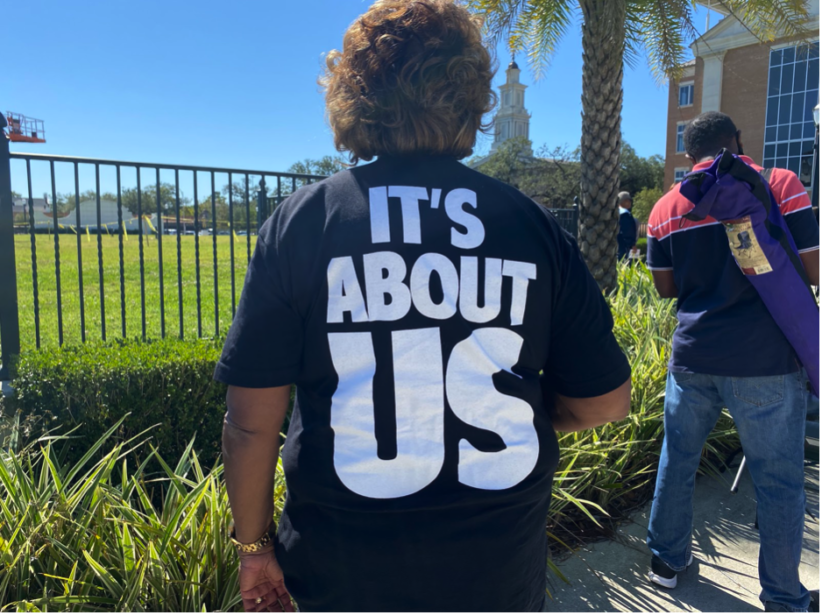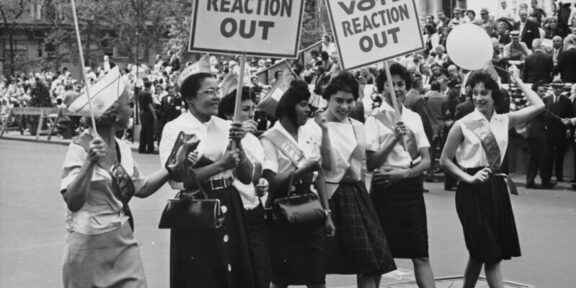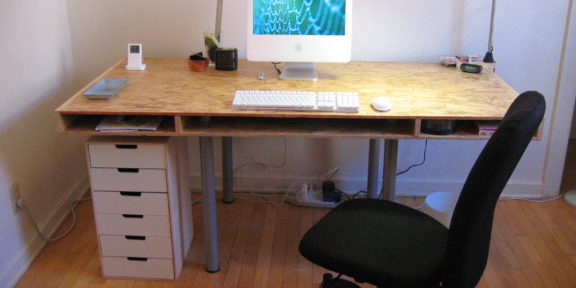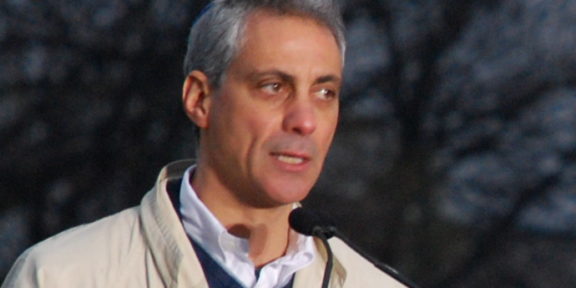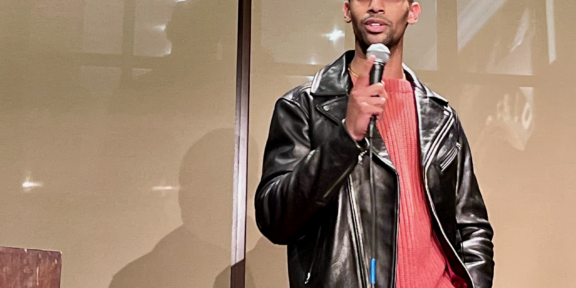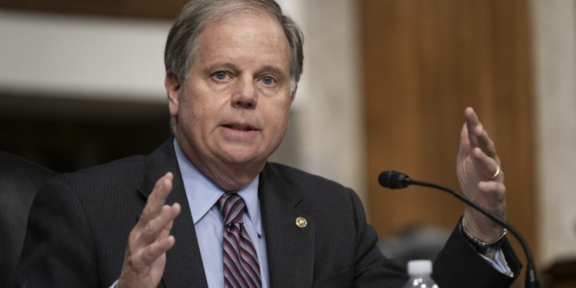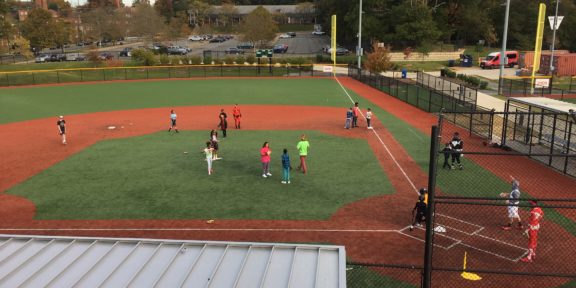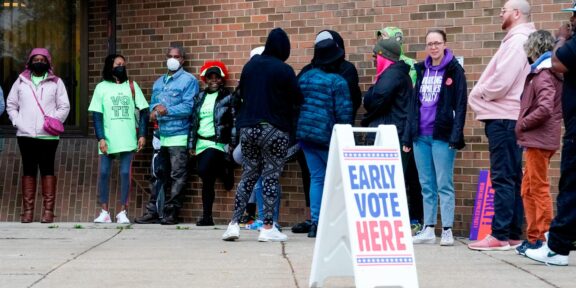By Bria Scott, Howard University News Service
While most of the country has moved forward since the Civil Rights Movement, the battle against voter suppression in Alabama is ongoing. Alabama is known as a state that enacted a number of policies, many of which disproportionately affect African-Americans, Latinos and other marginalized groups. Despite this, state representatives continue to incite unsupported early voter fear and refuse to enforce changes that would better assist early voters.
In recent months there have been attempts from the Alabama Democratic Party and participating organizations to drive voter participation. However, barriers persist in many Alabama counties. Mobile County, for example, is still reeling from laws passed over the last ten years to suppress the vote of African Americans, Latinos and other marginalized groups, who typically vote Democrat. Voters in the county are also contending with lack of investment in the voting infrastructure and failure to maintain poll worker training and update general voter information. The discrepancies found in the Alabama voter system have shown to be more problematic than ever this year, and it is affecting how many go about their voting plan.
“Everything that is wrong in terms of voting in Alabama is seen right here in Mobile,” said Kistra Davis, a member of the Alabama Democratic Conference. “We are facing everything but to the tenth power.”According to Davis, voters in Mobile County often find themselves in a complex position, with voters in cities like Birmingham and Montgomery standing as strongholds for the Democrats in a traditionally Republican state.
Mobile County gained national recognition when Democrat Doug Jones beat Republican Roy Moore for the Senate seat in the 2017 special election. Jones beat Moore by about 20,000 votes and won in Mobile by about 15,500 of those votes.
As Mobile County prepares for this year’s election and the possibility of low voter turnout due to the ongoing COVID-19 outbreak, numerous organizations have gathered to ensure the early voting process is fair and accessible. Mobile County Democrats have been working every Saturday to get voters in and out of the elections office and providing alternatives for early voting.
Alabama Democratic Party Executive Director Wade Perry sees the obvious reasons for the effort to end early voting in Alabama. “If you take a look around, there are not many Republicans in this line, because the Republican party is actively discouraging early voting. This allows us to build the Democratic vote, but there is no way to tell what will happen on November 3,” he said.
Long lines throughout the week have only prompted more people to try to vote early. In spite of the extra efforts being made, there are still limitations on what is available to early voters. “The office opens up at 9am, we have been here since 10, and it is now 12 and we are not sure if we will make it in.” Richard Moore, a Mobile resident and early voter said.
“The elections office closes at 1 p.m. and if you are not in the office by then, you cannot vote, regardless of how long you have been in line. I hope that this does not discourage people from voting. The lines are long, it is hot and we are in the middle of a pandemic. There are so many things working against us but I hope that people realize this is bigger than that,” said Moore.
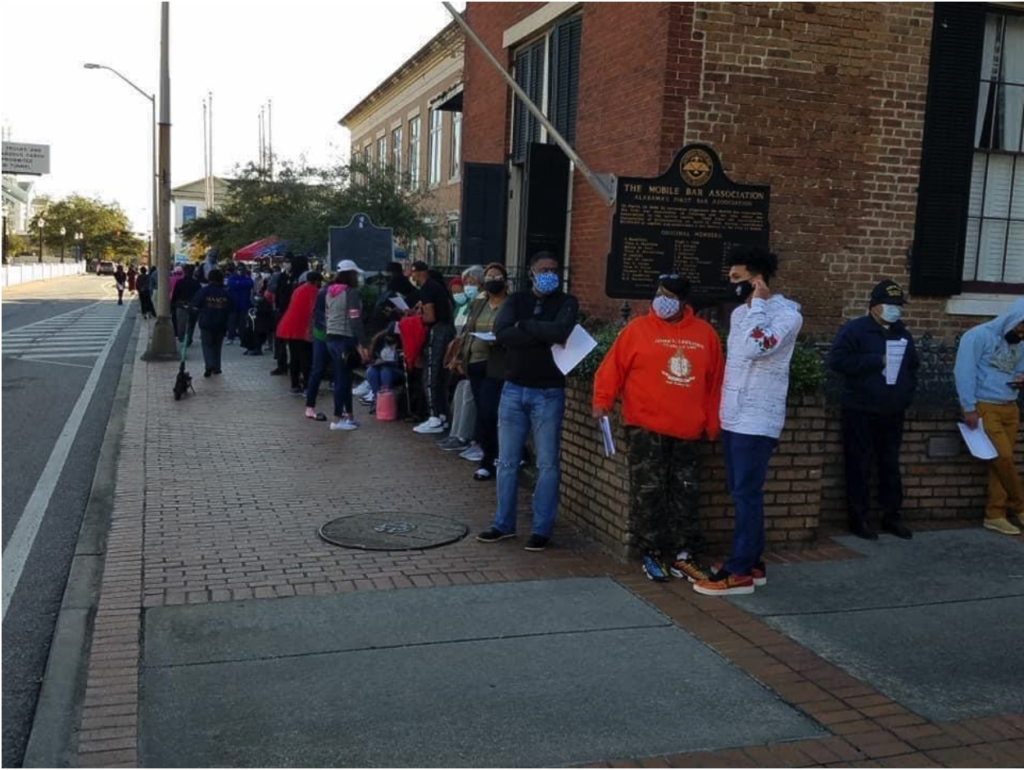
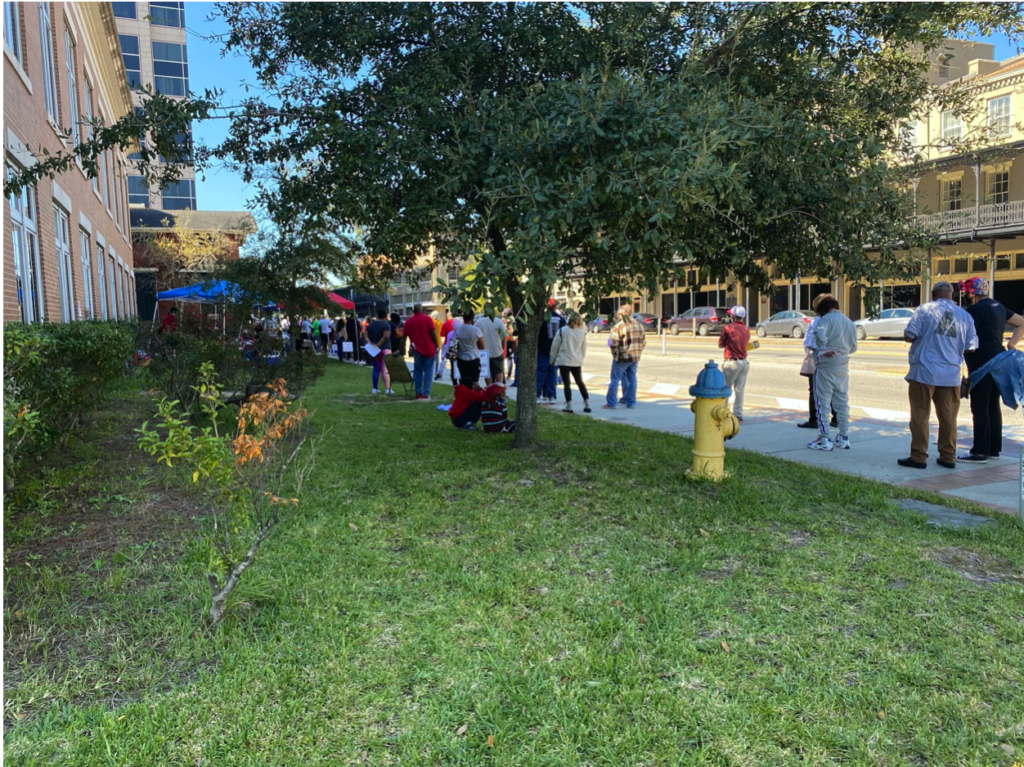
A few of those in line included young voters, many of whom had already voted. 20-year-old John Barrett is doing what he can to make this process a little easier for those who need the help. “If they need a ride, then I do whatever I can to ensure they have one. And if it is a laptop or desktop (they need) to fill out a form, I am providing my own or recommending places that allow you to use a desktop and printer,” Barrett said.
“There are people who are discouraged from voting because they may not have the resources or help, but I do not want that to be the excuse for anyone. We don’t have time for excuses this go around,” he added.
By 12:30 p.m. on Saturday, October 18 – one of only two Saturdays polls were open – over 550 people had been counted in line to vote, and at least half of those had been waiting for more than an hour.
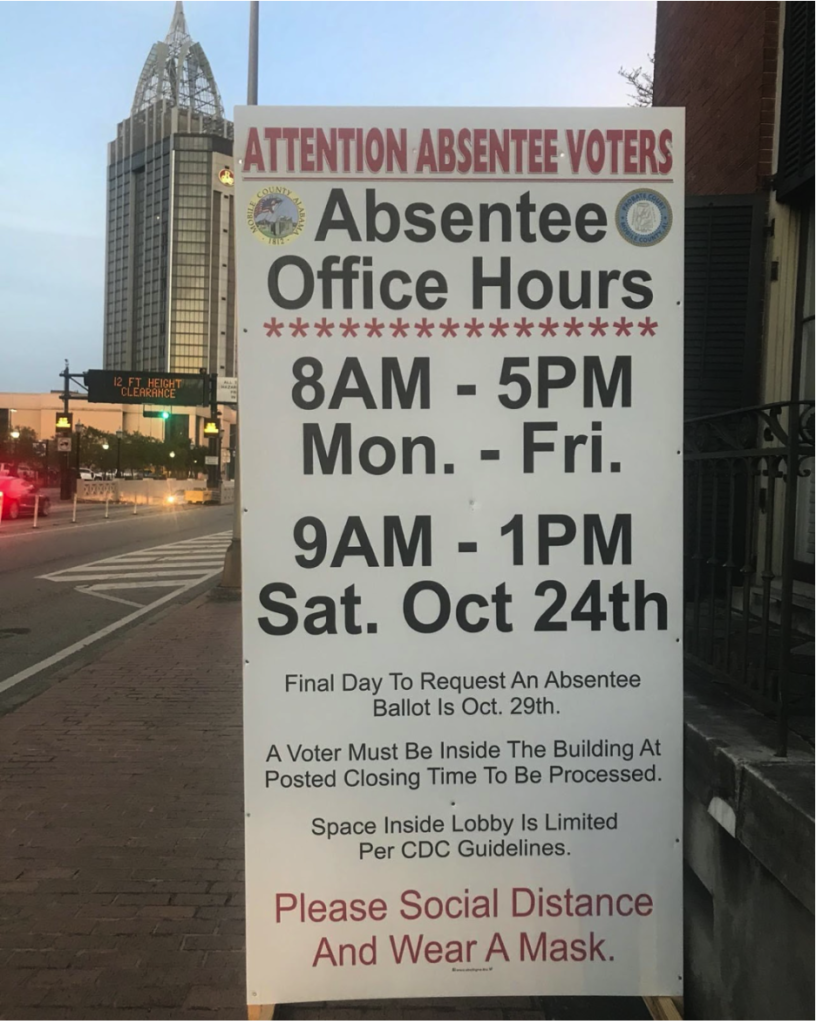
Both strategic early voting planning and planning to cast votes on Election Day are proving challenging for voters in the state. Though 28 states allow voters to request absentee ballots for any reason, Alabama only allows absentee voting or voting by mail for voters who have a valid reason, such as those living or traveling abroad, conflicting work schedules, military service or incarceration.
State Senator Vivian Davis Figures, who represents Mobile County’s District 33, has personally experienced issues with absentee ballots. “There was a time that I was in the hospital on Election Day. I had to unhook all of my wires and sneak out of the hospital, just to vote, but that is an example of one of the many reasons that people should be able to vote absentee without an explanation,” said Figures. In her time in the state senate, Figures has championed legislation to expand absentee voting, which has to this point failed.
Alabama Secretary of State John Merrill and Attorney General Steve Marshall blocked a lower court ruling that would have allowed counties to offer curbside voting because of the pandemic. Merrill is on record as saying, “There is no future for early voting as long as I am secretary of state.” His office believes that Alabama’s vote by mail policy is outdated and inconvenient.
Groups like BlackVotersMatter, local NAACP chapters and the Mobile County Democrats are focused on community organizing and year-round work to prepare for what the coming months may bring. They are focused on expanding Alabama’s voting by mail procedures and developing an early voting program that provides at least a month of voting days, including weekends and statewide holidays for those that are unable to get the time off.
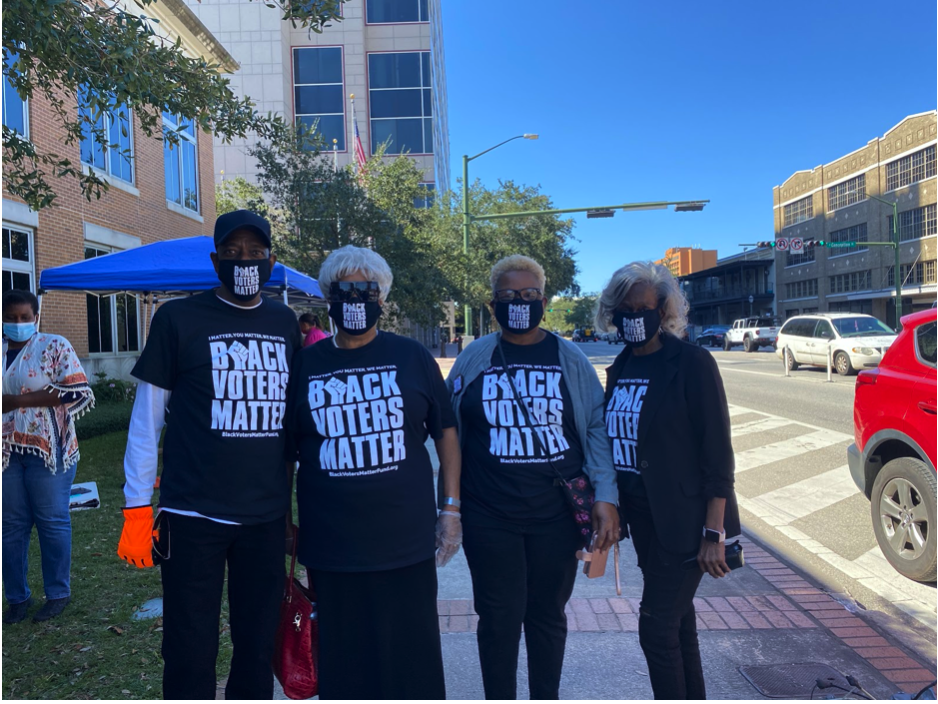
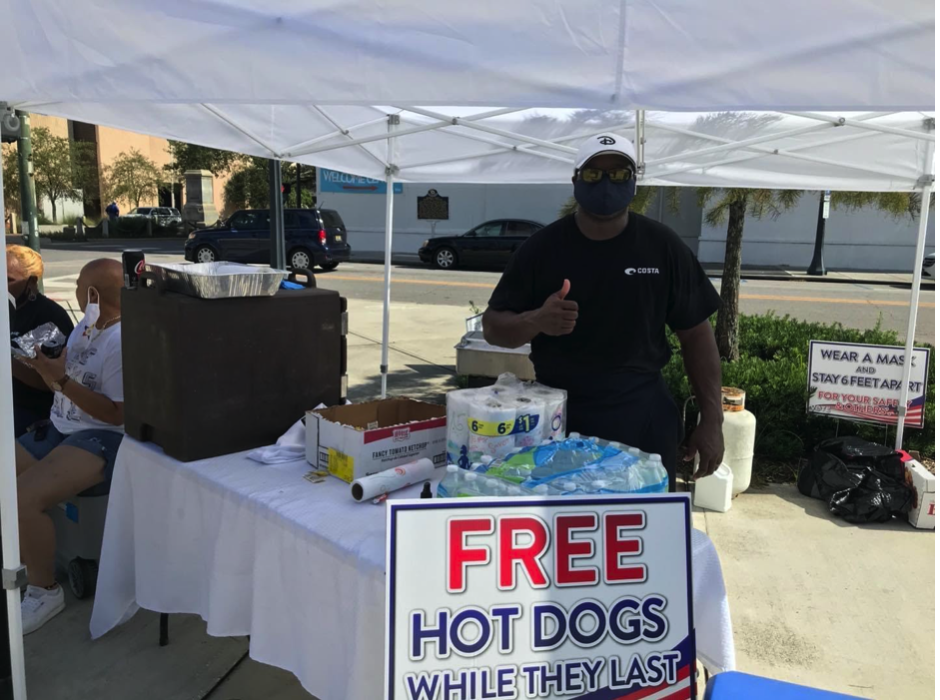
Rachel McDowell, a student at the University of South Alabama and BlackVotersMatter volunteer, has concerns on how this could possibly affect Election Day. “I know this has been hard on everyone involved, but I only hope that this makes everything easier on November 3. That is the absolute last day, and what does someone do if their ballot is not casted then? Although the polls will be open much longer, there is no way to anticipate what hoops one will have to jump through then” McDowell said.
As of October 18, Mobile County had processed nearly 14,000 absentee ballots, in comparison to the 902 processed overall in 2016. While the Absentee Election’s office is overwhelmed with the large amount of crowds throughout the week, officials say they are happy to see more involvement, even if that means more work. They only hope that the expanding number of voters casting ballots ignites policy change and the institution of better procedures for future elections.
“Alabama is long overdue for a change in our voting system, we have been known as having one of the most difficult voting processes for decades, and it should not be this hard to exercise your rights,” said McDowell.

